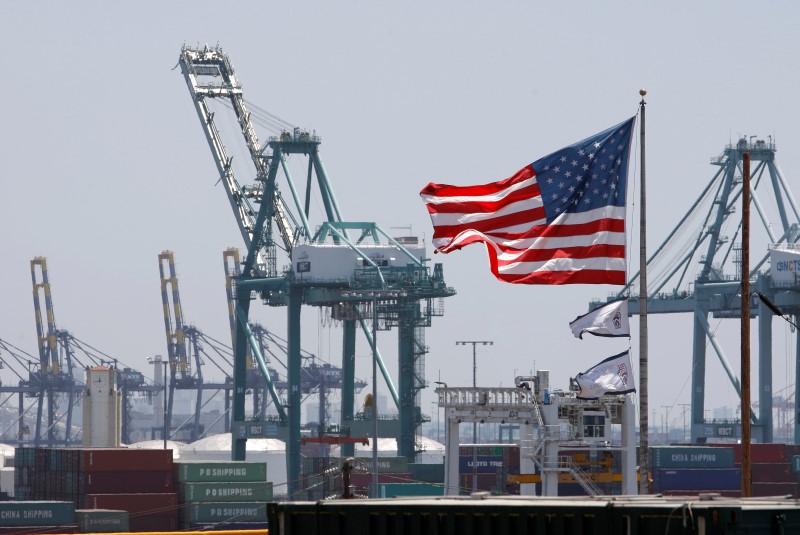
Although the Fed’s recent rate cuts have modestly increased the possibility of a soft landing, strategists at BCA continue to forecast a downturn for the economy, driven primarily by weakening labor market conditions.
In its report, BCA points to the declining private sector quits rate, which has fallen to levels not seen since late 2016, when unemployment was around 4.7%.
The firm views the quits rate as a more reliable indicator of cyclical labor demand than job openings, “given the much tighter relationship between quits and the unemployment rate than implied by the Beveridge curve,” strategists noted.
Other signs of stress include a rise in Americans only able to find part-time work and an increase in transitions from employment to unemployment.
BCA also notes that the recent increase in the unemployment rate has been partly driven by new entrants to the labor force. Still, even traditional indicators like nonfarm payroll growth are showing signs of deceleration.
More concretely, payroll revisions from April 2023 to March 2024 indicate a slowdown, while diffusion indexes show that payroll growth has weakened across multiple industries.
Moreover, the US payroll momentum indicator has dipped below the boom/bust line, adding to the concerns over labor demand.
While some argue that the rising labor supply explains the softer unemployment data, BCA warns that this narrative overlooks deeper issues.
The preliminary payroll benchmarks signal a potential downturn ahead, as “shifts below the 50 level for these indexes are either one-offs that are quickly reversed or signals that a recession is about to begin.”
The tight monetary policy also contributes to the recession outlook, BCA strategists noted.
Even after the Fed’s rate cuts, they argue that “monetary policy will remain tight for some time.”
Also, strategists point out that while AI-related investments could potentially provide a significant boost to aggregate demand in the US economy, this remains a projection rather than a current reality.
At this stage, BCA cautions that there is “no clear basis to expect that AI-related CAPEX will produce a mid-1990s-like outcome where recession is avoided despite tight monetary policy.”
To read the full article, Click Here

